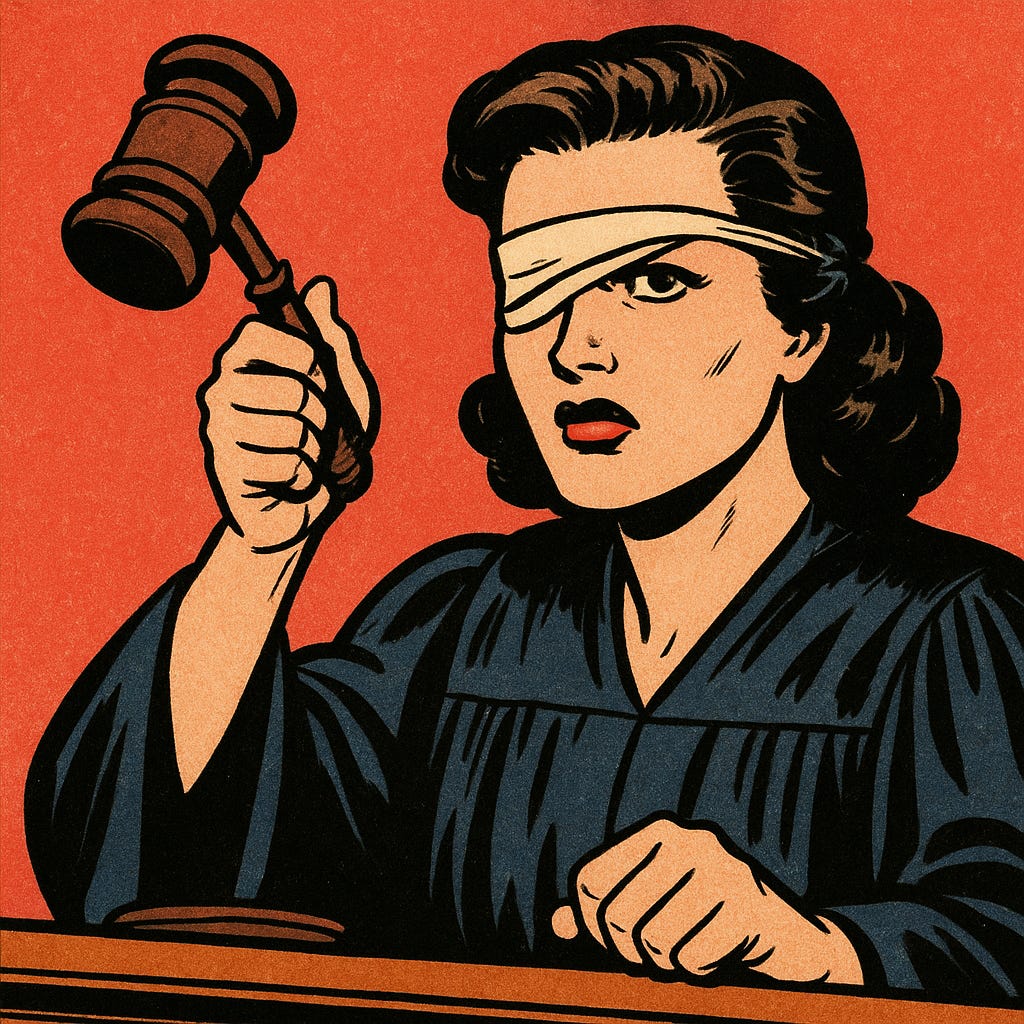The Censor Class Always Protects Its Own
A BSA ruling reveals what happens when truth collides with fashionable narratives, and why our censors always seem to choose the trend over the fact.
Stacey Woods, the controversial chief executive of the Broadcasting Standards Authority (BSA), clearly feels she has some explaining to do. After unilaterally expanding the BSA’s remit to include the internet - conveniently allowing her to target Sean Plunket’s The Platform - she now appears in The Spinoff to reassure us “why standards still matter.” Her choice of outlet is revealing. This is not a woman seeking debate. She has gone to a publication whose readership will dutifully nod along as she laments declining trust in media, before clicking through to an op-ed by a former editor explaining why Stephen Rainbow wasn’t antisemitic enough to front a Human Rights Commission.
Fortunately, the BSA’s own recent rulings supply the rebuttal she refuses to engage with. It seems the “who decides?” argument remains as durable as ever - an unkillable objection to state censorship.
Take the recent High Court case of Smith v Television New Zealand Ltd. TVNZ told viewers that the International Court of Justice had found it “plausible that genocide is happening in Gaza.” This was false. The ICJ said no such thing. What it actually ruled was that Palestinians had a plausible right to be protected from genocide - a precise legal phrase the Court’s own president later clarified on the BBC, irritated by the global misreporting. Yet the BSA refused to uphold the complaint. Why? Because, it said, the average viewer “would not register the legal distinction.”
It gets worse.
“[10] The BSA noted the ICJ ruling had been widely reported as determining there had been ‘plausible genocide’ in Gaza, and that despite the former ICJ President’s clarification, some discussion and debate regarding the meaning of the ICJ’s plausibility test and ruling continues. By reference to various sources, the BSA commented that it appears a degree of uncertainty generally has attached to what the ‘plausibility’ test entails, even within the ICJ itself.”
Translation: by January 2025, much of the world’s media had already decided Israel was committing genocide. To question that narrative was to invite social death. So the BSA did what institutions always do in those climates - it found a way to align itself. An untrue statement became “not materially misleading” because truth itself had been muddied by a global media chorus that had already picked a side.
The BSA, like most institutions, swims in the same cultural waters as many of the people it (currently) regulates. It listens to the same experts, reads the same reports, eats the same canapés, and shares the same moral assumptions about who is righteous and who is beyond the pale. And if that class had been overwhelmingly pro-Israel, do you doubt for a second the ruling would have gone the other way? Suddenly the concern would not have been the dimness of “the average viewer,” but “disinformation.”
It is said that the best form of governance, over democracy, is the rule of one good man. This, of course, is another way of handing the mantle to democracy, because few trust that a good man exists. The same applies to censorship – there is no censor without blemish - so why are we continuing with this charade? It is well past time to end the BSA.


